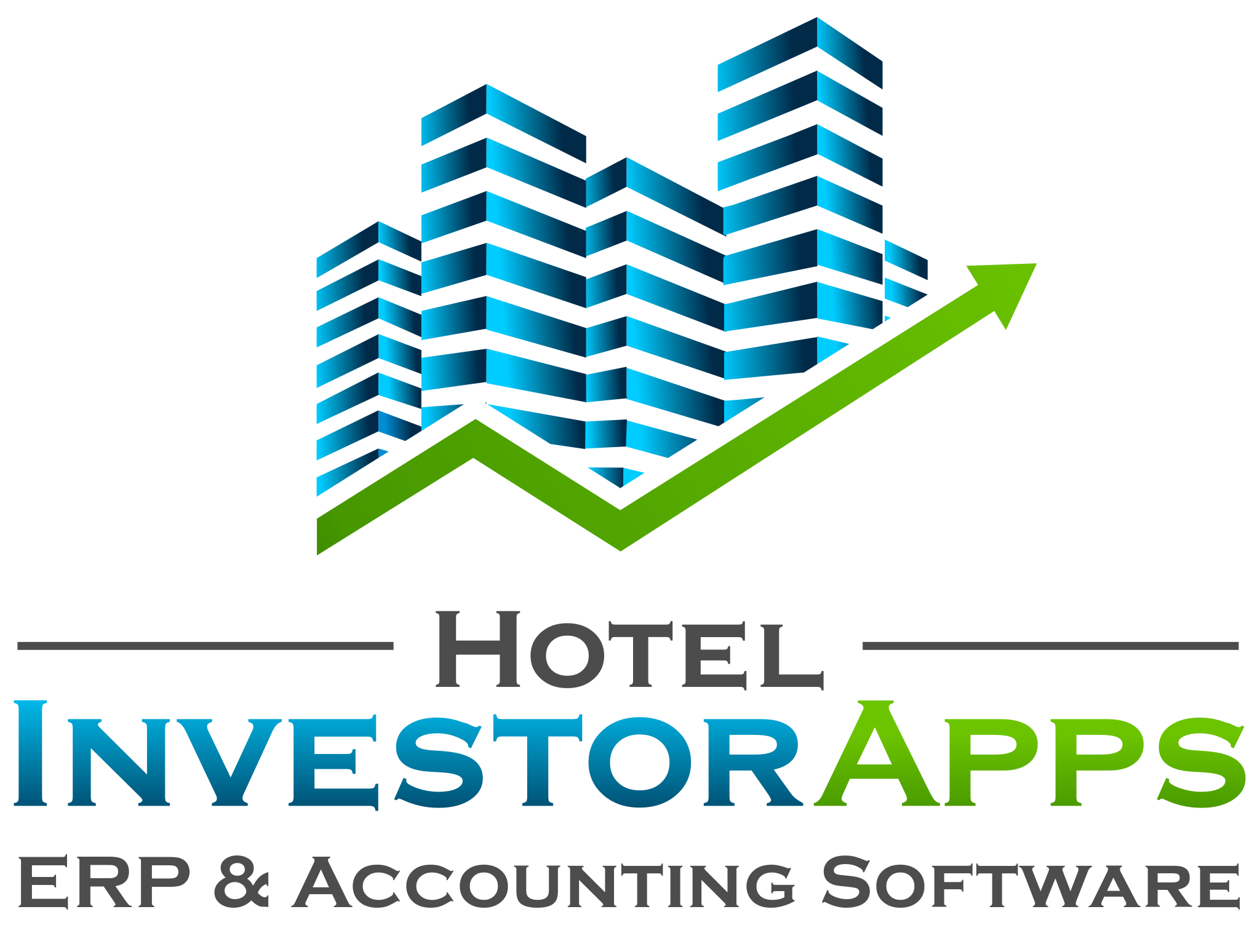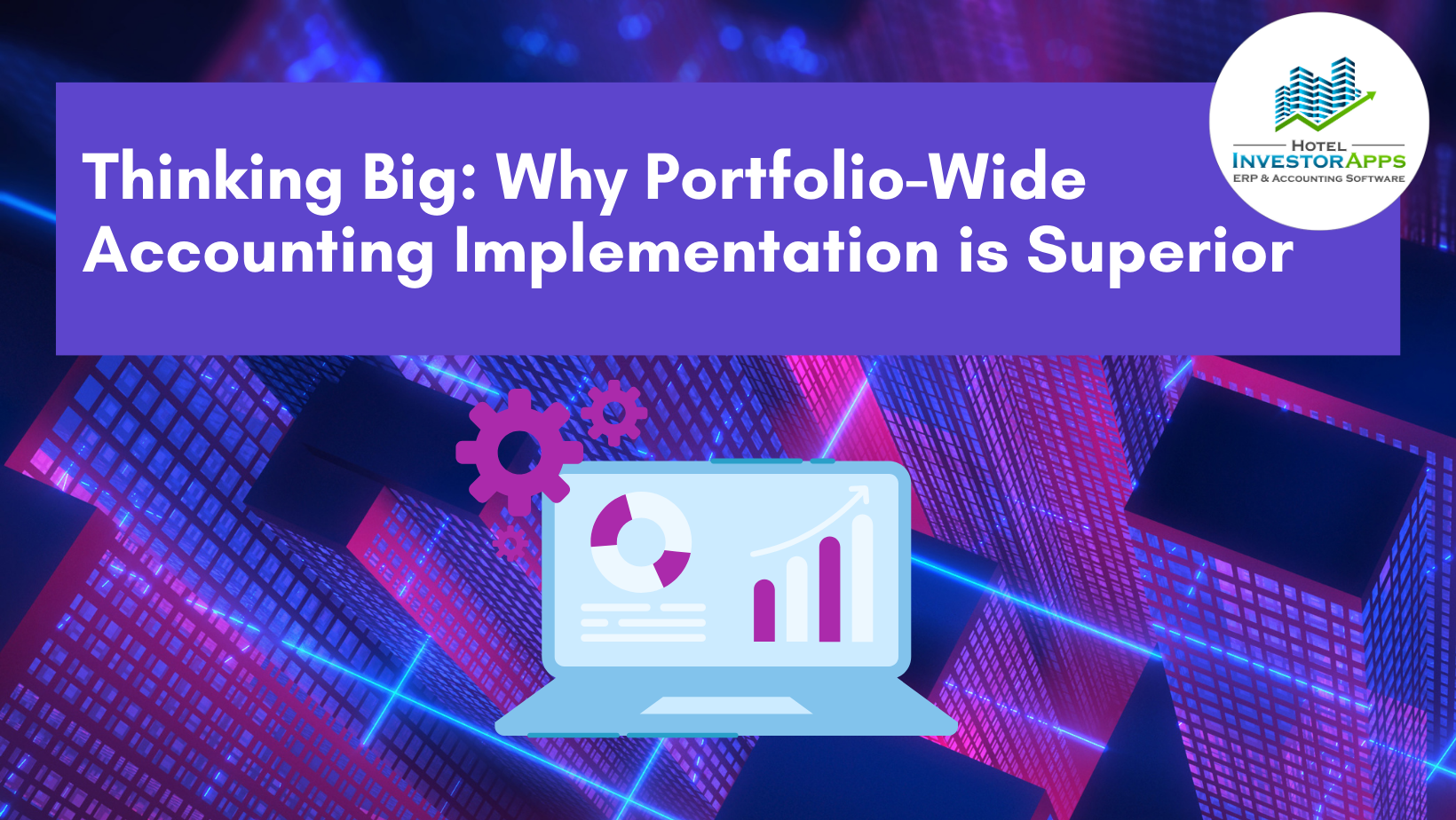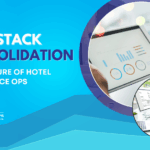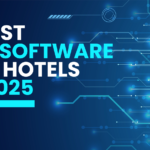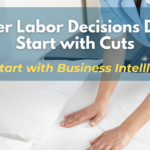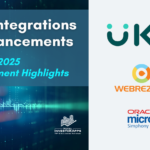When a hotel company gets ready to start working with a new accounting system, most plan to take the plunge with a universal go-live date for all properties. However, sometimes hoteliers request to only onboard one or two hotels out of the portfolio to start.
There may be very valid reasons for this request – the hotelier may not have much time, may not currently have a full staff, their teams could be overwhelmed at the prospect of learning a new software, or other. However, this piecemeal approach can cause a lot of complications in the onboarding process.
Here are some of the common issues we see:
1. Time – Drawing out the process can end up doubling the time invested
When a hotel company starts with one hotel in a new accounting system, they still need to get training, to import history, bring over the chart of accounts, and go through the whole onboarding process. If a team does this for one property, and then has to go back and do the same process again for additional hotels rather than all together – it multiplies the time investment.
2. Work – Using 2 Systems Causes Extra Work for Your Team
From an operations perspective, having hotels in separate accounting systems causes a number of logistical problems. For example, bills have to be paid out of two separate systems, and reporting has to be done twice, plus the extra labor required when splitting invoices or billing hotels. Also, the process for closing the month might be different between the two systems and you lose any streamlining or time-saving activities.
3. Reporting Challenges
With hotels on separate financial management systems, it is not possible to get roll-up reports with portfolio wide performance as the data is divided. Also, some PMS systems cannot do multiple feeds – in which case, who will be feeding in the daily revenue? Doesn’t manual entry increase the risk of error? And the question then arises – which is the true system of record?
4. Audit Challenges
Not that we would wish this on anyone, but two systems could cause challenges with audits. If either internal or state audits are going on, having two systems makes it much more difficult to locate all the information to provide for backups.
5. Integration Issues
Adding new third-party integrated services also becomes an issue. It will add time and cost to integrate with both accounting systems. Or do you integrate just with the new system and therefore delay getting the benefits of the new solution for the rest of the portfolio? And, for existing integrations, such as PMS, POS, payroll, will each system allow for multiple feeds? Where will be the primary record?
Third party vendors also usually open a case for the integration. If there are two separate go-live dates, that might delay the integration process by needing to open another ticket and going through their support.
6. Bank Challenges
Reporting earnings while on two separate accounting systems can also be problematic such as when going to the bank to refinance or get a loan.
7. Training Issues
If only one hotel goes live in a new system, companies often only invest the time of one employee to learn the new system; however, this creates a knowledge gap and can be a liability if that employee leaves. What is the contingency plan and who will train other employees?
Also the training becomes repetitive and could cost more for the second/ third wave of bringing on the new properties. A hotel company would want a system expert with the first property who can conduct those trainings internally.
8. Lack of Data for Business Intelligence
Business Intelligence relies on accurate data from the accounting system. If the financial information is not fully populated because it only comes from one accounting system when there are two, then the business intelligence reports won’t be accurate.
Advantages of Onboarding the Whole Portfolio
There are many advantages to onboarding the whole portfolio into a new accounting system at one time.
- With all financial data in one place, you can get the visibility, accuracy, and portfolio wide reporting that you need.
- You don’t need to worry about issues like PMS systems that don’t have multiple feeds and getting that data entered, or having insufficient data for Business intelligence.
- From a training perspective, onboarding the whole portfolio at once and training the whole team means that questions can be addressed and answered all at once, creating a broader range of knowledge within the organization.
Summary
While it may seem less daunting to slowly test the waters with a new accounting system for just one or two properties, in reality it can cause multiple complications. Often it is better to simply take the plunge, go all-in and embrace the new system so that you can get the increased accuracy, efficiency, and better visibility for which you selected the system.
Ready to learn more about the benefits hoteliers are realizing with Hotel Investor Apps ERP & Accounting Software? Request a demo today.

Director of Marketing at HIA
Elisa Fritsch, Director of Marketing at Hotel Investor Apps (HIA), contributes 15+ years of sales and marketing experience from a wide range of corporate to start-up environments. At HIA, Elisa focuses on marketing strategy, content, and leveraging her hospitality industry knowledge to drive growth.
